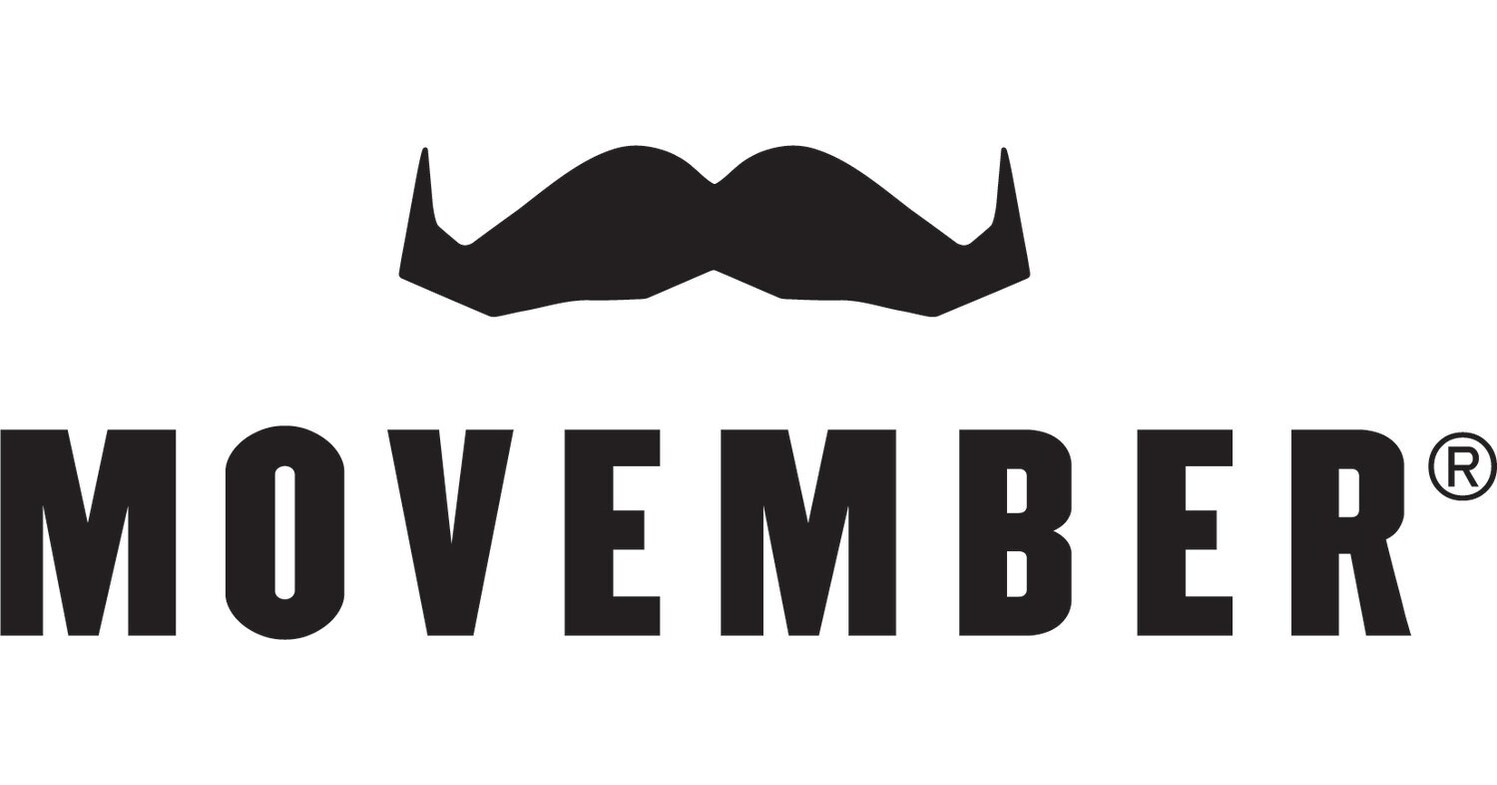


Life expectancy of Canadians continues to decline for the third consecutive year
TORONTO, July 15, 2024 /CNW/ – Canadian men are dying too young. According to Statistics Canada, in 2022 75,854 men died before their seventy-fifth birthday1 – meaning almost half (43%) of all male deaths in Canada that year were premature.
In 2022, nearly 3 in 4 deaths (72%) of all Canadian men were health related. While the current state of men’s health is alarming, the future trajectory is only set to worsen. For example, prostate cancer cases are set to double by 20402.
It’s time to advocate for greater investment in men’s health and prioritize the men in our lives.
Top statistics for Canadian male deaths under 75 in 2022
Men’s health charity Movember is dedicated to helping men live longer, healthier and happier lives. It has funded over 1,320 health programs investing millions of dollars into treatments, research and therapies in spaces like mental health and suicide prevention, testicular cancer and prostate cancer. In Canada, it has funded over 200 prostate and testicular cancer programs and 63 mental health programs.
However, given the scale and prevalence of men’s health issues, more needs to be done. Men’s health is not being looked at as a significant issue. While the programs being run by organizations like Movember are effective, it’s not enough. We need to see greater investments in men’s health practices – specifically practices focused on preventative care – to change the current outcomes. Recognizing health problems early, is always one of the most effective ways to heal faster or even avoid illness altogether, making investment in preventative care a priority.
Everyone has a man in their lives that they care about. When these men are well, the benefits ripple through relationships, families, and communities. But when these men are unwell and unsupported, the ripples become weights that impact everyone.
“I’m a father, a son and a brother. I’ve been a first responder for 32 years and I’m proud to have worn many hats with British Columbia Fire Services. Any time spent in a first responder role will take its toll on an individual, let alone 32 years,” shares Steve Farina. “I started in fire services when I was just 19 years old. From that age I began “filling my backpack” as we call it, with pebbles, rocks and boulders (experiences from traumatic calls). Soon the backpack wasn’t big enough and I had to upgrade to a larger backpack, then a rucksack and when there were no sizes left, it was my body that carried the trauma. The trauma came home with me because I didn’t allow myself or know how to process my emotions and they would pop up unexpectedly in forms of anger, frustration or lack of patience. For decades this was my reality. I was taking care of people in my work life but not my home life and especially not myself. I look back and there were so many times with my family where, as much as I tried to be present, I wasn’t. I missed a lot. I was focused on work that held my attention outside of my family unit and my time with them consequently suffered. The best version of myself was sacrificed.”
Steve Farina is a man who’s seen how neglecting his health impacted people he loves, namely his daughter. After joining the BC Fire Service when he was 19 and spending 28 years in the field, the quality of his mental health was in a very poor state. In 2019 after his marriage fell apart, he finally sought help and enrolled in Shoulder to Shoulder, a Movember funded first responder resiliency program.
“I am but one example of a man who felt shame in seeking help and weak for not being able to cope on his own,” he continues. “There are internal thoughts that echo through my head “There’s something wrong with me”, “I am broken”, “I am alone in my pain”. This shame and fear of reaching out don’t only apply to mental health. Men will often hide physical health symptoms and much like emotions, they mask physical pain by internalizing it. For men, it is being brought up in a society that frowns upon emotions unless it’s anger. Men are not given permission to cry or grieve, they must be strong, steady, reliable.”
He is a man who waited years to address his health problems, partly due to a lack of resources. Not only did he suffer, but his relationships with loved ones were strained as they felt the ripple effects of his poor health.
Movember is encouraging Canadians to be part of the solution. Share your story to help show the full impacts of men’s health and help create action to benefit us all.
About Movember
Since 2003, Movember has built a global men’s health movement, funding more than 1,300 projects around the world, challenging the status quo, shaking up men’s health research and transforming the way that health services reach and support men. Movember has taken on three of the biggest health issues affecting men: prostate cancer, testicular cancer, and mental health and suicide, with unwavering determination.
Movember leads the charge in encouraging men to adopt healthier behaviours, challenging health systems, and confronting gender norms to reduce health inequalities and save more lives. Because improving men’s health can have a profoundly positive impact on women, families, and society. To learn more, please visit Movember.com.
For further information or media inquiries please contact Taffin Sekulin, PR Manager at Movember Canada at [email protected].
SOURCE Movember Canada